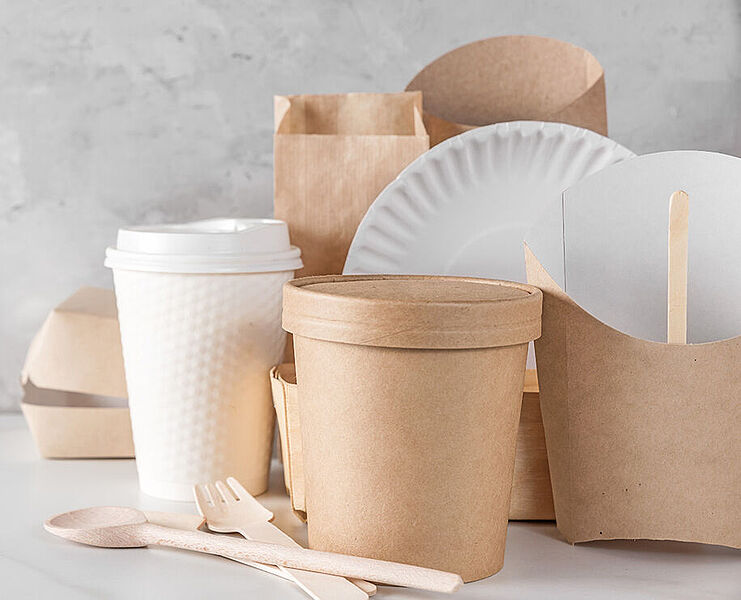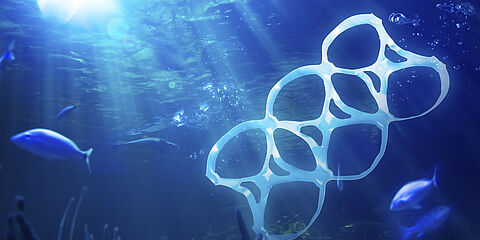Compostability: update on existing standards
In Europe, a product or packaging can be “home compostable” or “industrially compostable”. What are the relevant regulations? And why do these different types of “compostability” exist? We will explain everything to you briefly here.
NF EN 13432 and NF T51-800 (regulations for France)

The two standards specify the four key tests required for a product or packaging to be considered compostable: characterisation, biodegradation, disintegration and ecotoxicity (more details on this at the bottom of this page).
NF EN ISO 13432
Standard NF EN ISO 13432 defines and regulates the characteristics of packaging recoverable through industrial composting.
NF T51-800
Standard NF T51-800 specifies the procedures and requirements for plastic products suitable for domestic composting, i.e. in the consumer's composter.
Why two different standards?
The two standards differ because the composting conditions are different: the test duration and temperature differ in each case. Home composting is carried out at 25°C; the temperature under industrial conditions is 58°C. The lower temperature of home composting makes the process more difficult. If a product meets the requirements for compostability in a domestic environment, it is also considered suitable for composting in an industrial environment.
WESSLING provides tests on packaging products and other products (of plastic, paper or bio-sourced materials) to determine whether they are compostable in a domestic or industrial environment.
Your contact
- Frédéric Jeampierre
- +33 7 56 37 24 99
- frederic.jeampierre@wessling.fr




